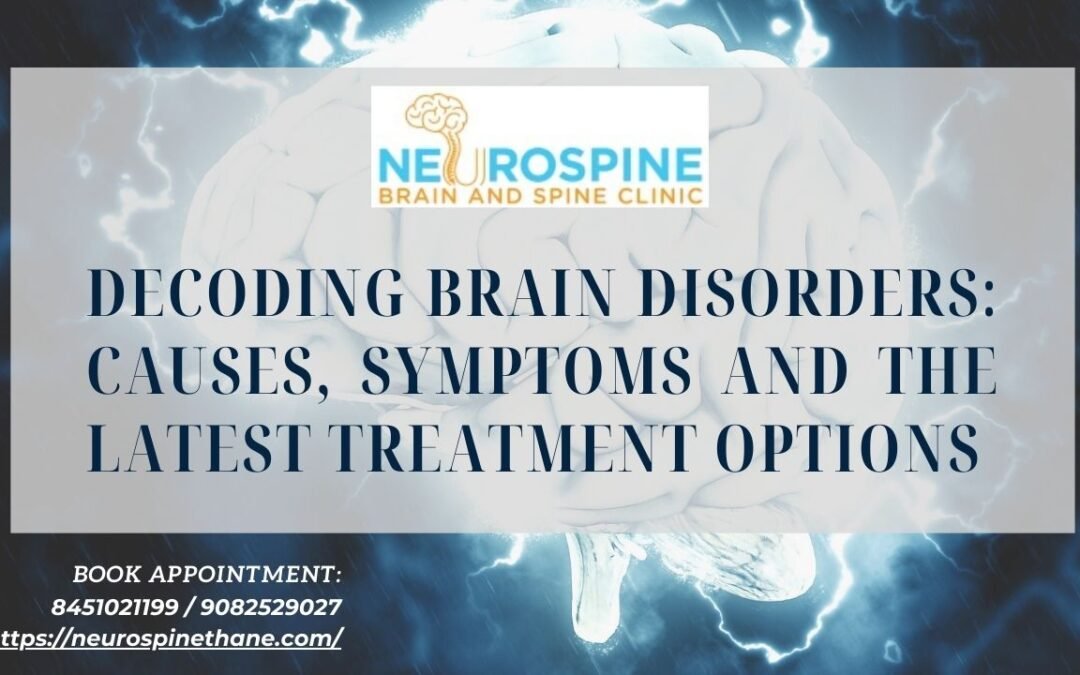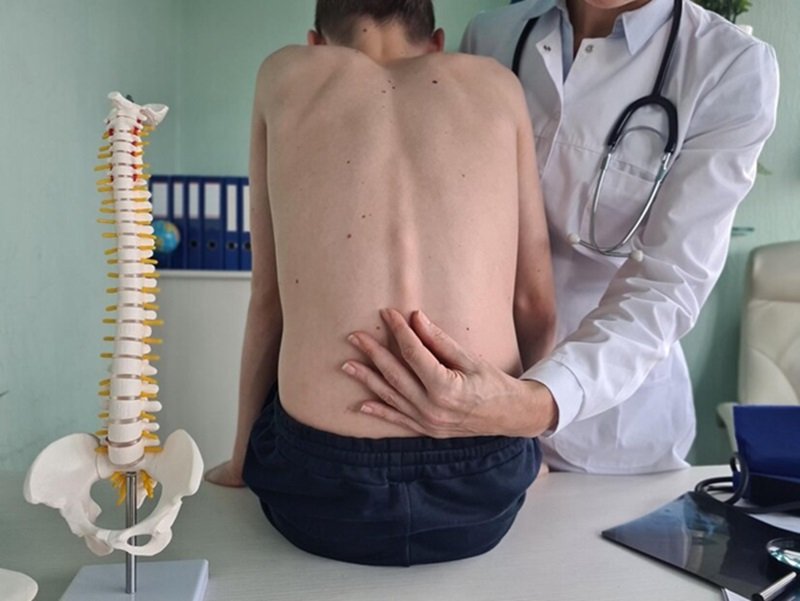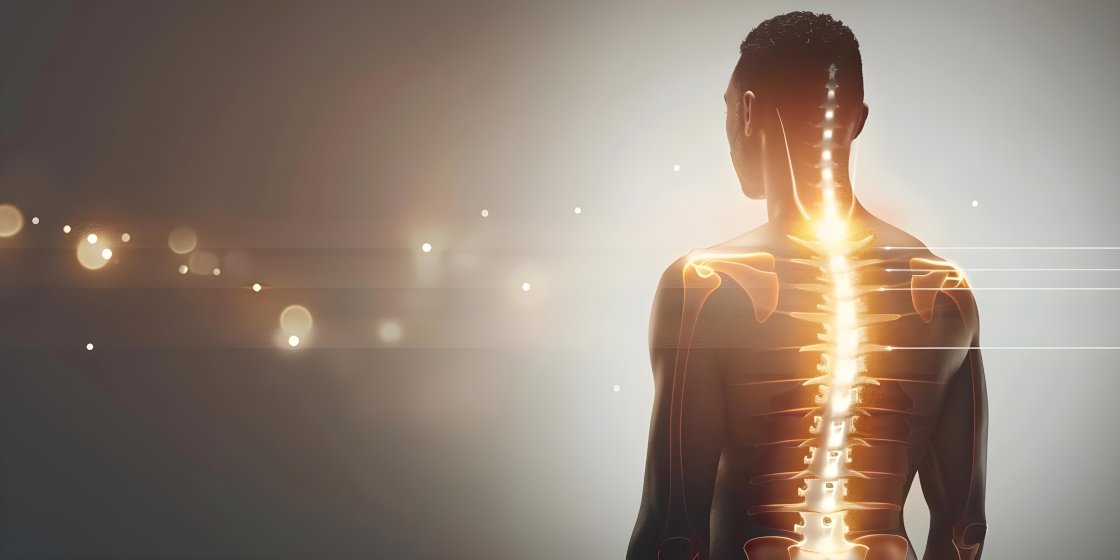Like a complex and intricate circuitry, humans have billions of neurons that connect up and control all functions of our body. It controls our thoughts, feelings and emotions, movements, memory, and their power to interact. Aside from allowing more complicated cognitive processes like reasoning and decision-making, this amazing organ regulates vital functions like breathing, heart rate, and digestion. But when there’s a disorder of the brain, the consequences can be grave and even life-altering. Brain disorders can arise from a spectrum of causes: genetic disorders that are inherited (e.g., Huntington’s disease), traumatic injuries, infections (e.g., meningitis), or simply the age- and lifestyle-related degenerative processes that arise with the slow decay of nerve cells (e.g., Alzheimer’s disease). (c) These disorders may impact someone’s ability to think clearly, coordinate body movements and maintain emotional stability.
Given that timely diagnosis and management of brain disorders depend on awareness of both the symptoms and what is known regarding the treatment of such disorders, information on the symptoms and new information on treatment is an essential part of ongoing training.
Causes of Brain Disorders
There are several possible causes of brain disorders. Here are some of the more common culprits:
Genetic Factors
Several brain disorders have a genetic basis, including Alzheimer’s disease, Huntington’s disease and epilepsy. If a close family member has a brain disorder, you are at higher risk. Genetic mutations or inherited traits could make someone more likely to have a neurological disease, and early screening and preventative care could be important.
Traumatic brain injuries (TBI) result in occurring with sudden blows to the head, such as falls, accidents or direct hits to the head. These injuries can be anything from mild concussions to serious brain trauma. TBIs can cause permanent brain injury, memory problems, cognitive impairment and ultimately reduce the quality of life. These injuries can be managed with adequate medication, rehabilitation and protection.
Diseases Caused by Infections and Autoimmune Diseases
Certain infections, like meningitis and encephalitis, directly impact the brain. In multiple sclerosis (MS), an autoimmune disease, the immune system attacks brain cells, causing damage to the nerves.
Stroke and Blood Flow Issues
A stroke happens when the blood flow to the brain is interrupted, damaging brain cells. Strokes are caused by high blood pressure, high cholesterol and heart disease.
Lifestyle and Environmental Risk Factors
A poor diet, physical inactivity, smoking, alcohol abuse and stress can cause or worsen brain diseases. Toxins and chemicals may also impair brain function.
The most common brain disorders and their symptoms
The severity and symptoms of brain disorders vary. Here are some of the most common conditions:
- Alzheimer’s Disease
- Memory loss
- HAVING VOLUME Proof, you should never make a movie about anything else. YOU KNOW YOU?
- Trouble in problem-solving
- Mood swings
- Parkinson’s Disease
- Tremors or shaking hands
- Slow movement
- Rigid muscles
- Balance problems
- Epilepsy
- Frequent seizures
- Involuntary muscle movements
- Loss of consciousness
- Confusion and disorientation
- Multiple Sclerosis (MS)
- Numbness or weakness in limbs
- Blurred vision
- Fatigue
- Problems with coordination
- Stroke
- Sudden weakness or numbness in the face, arm or leg, especially on one side of the body
- Slurred speech
- Severe headache
- Difficulty in walking
- Brain Tumors
- Persistent headaches
- Blurred vision
- Nausea and vomiting
- Memory problems
- Migraine and Chronic Headaches
- Severe headaches
Medications
A lot of brain disorders are treatable with medications.
- Alzheimer’s disease: Drugs such as donepezil and memantine slow cognitive decline.
- Parkinson’s Disease: Levodopa controls movement problems.
- Epilepsy: Anticonvulsants such as carbamazepine and valproate stop seizures.
Immunosuppressants slow the progression of multiple sclerosis.
Surgery
Surgery may be required in severe cases. There are different procedures that neurosurgeons will perform, depending on the condition:
- Brain Tumor Surgery: A life-threatening tumour is removed surgically.
- Surgery For Epilepsy: In some instances of epilepsy, surgery is required to excise the area of the brain responsible for a seizure.
Deep Brain Stimulation (DBS) involves implanting electrodes to regulate brain activity in patients with Parkinson’s.
Rehabilitation Therapies
Rehabilitation is a key element in recovery and cognitive improvement:
- Physical: Physio to recover movement and strength.
- Occupational Therapy: Helps patients learn how to perform daily tasks.
- How You Can Help: Speech Therapy: This helps develop communication skills.
- Cognitive Therapy: Improves memory and thinking skills
New Technologies and Innovations in Treatment
And recent advancements offer new hope for brain disorder treatments:
- It is known that Stem Cell Therapy is being studied globally to regenerate even damaged brain cells.
- Gene therapy: potentially cures genetic disorders of the brain
- AI in Diagnostics: AI detects early signs of brain disorders.
Lifestyle Changes How to Take Care of Your Brain
A healthy lifestyle can help to prevent brain disorders and slow their progression:
- Healthy Eating: A diet low in processed and high in omega-3, antioxidants and vitamins supports brain health.
- Regular Exercise: Improves blood circulation to the brain.
- Stress Management: Meditation and relaxation techniques reduce mental stress.
- Get Enough Sleep: Crucial for cognitive processing and recollection.
- No Alcohol and no Smoking Prevent damage to brain cells.
When to See a Neurosurgeon?
Persistent headaches, memory loss, seizures, difficulty moving, etc., are immediate signs that you should visit a neurosurgeon. A neurosurgeon is a medical doctor specializing in diagnosing and treating brain disorders using medication, surgical procedures, and other advanced techniques.
Conclusion
A brain disorder significantly affects the way individuals function in life because it reduces their mental processing abilities along with muscle control and communication skills and daily practical abilities. Brain disorders affect people through several levels of cognitive function instability which culminates into serious neurological diseases creating permanent disability. Advanced medical research and technological breakthroughs enable early detection and new therapeutic approaches which give positive prospects to the affected individuals. The detection of brain disorder root causes and their symptoms remains essential since appropriate action at early stages aids the slowing of condition progression and delivers better results. Neurospine- Brain And Spine Clinic provides brain treatments in Thane, surgical professionals and rehabilitation specialists allow patients to consider different treatment possibilities which may include pill-based therapies and operating procedures and therapeutic care. Participating in a healthy way of living by eating properly.
For the best treatments consult with a leading neurosurgeon in Thane – Dr. Bharat Shinde today.




